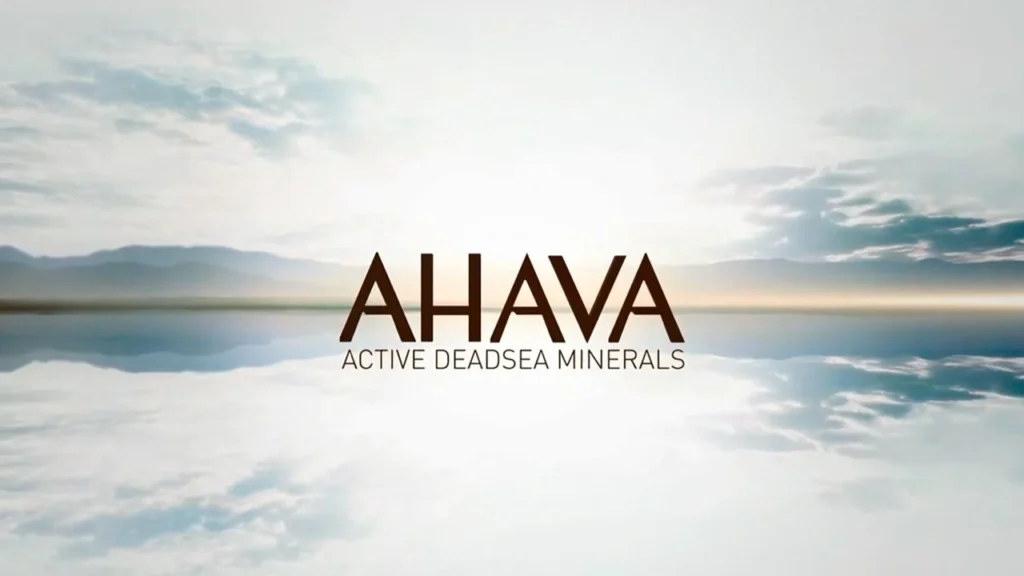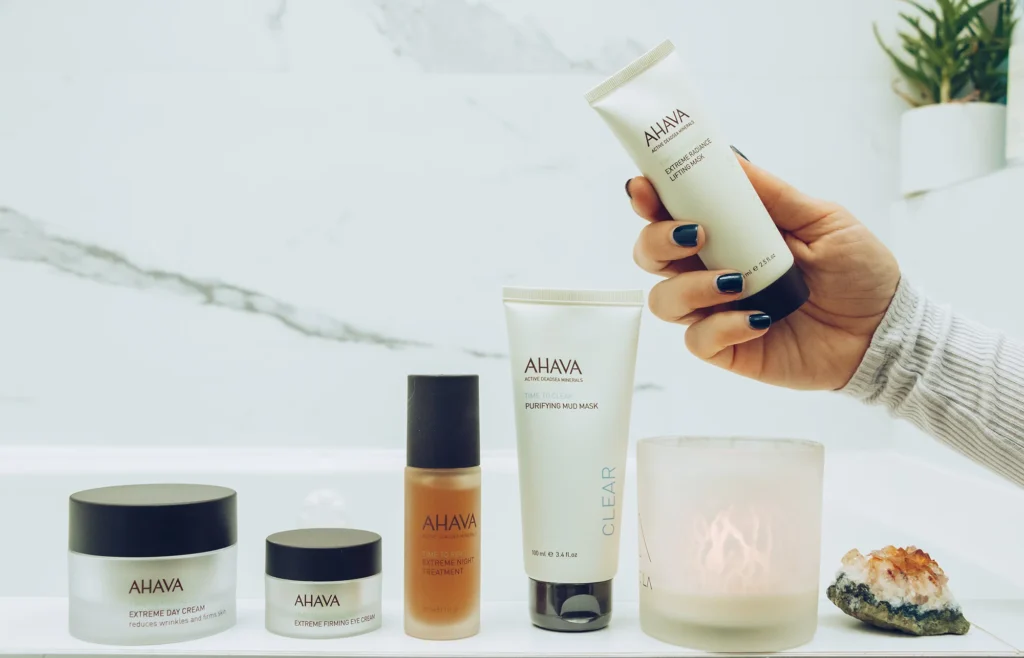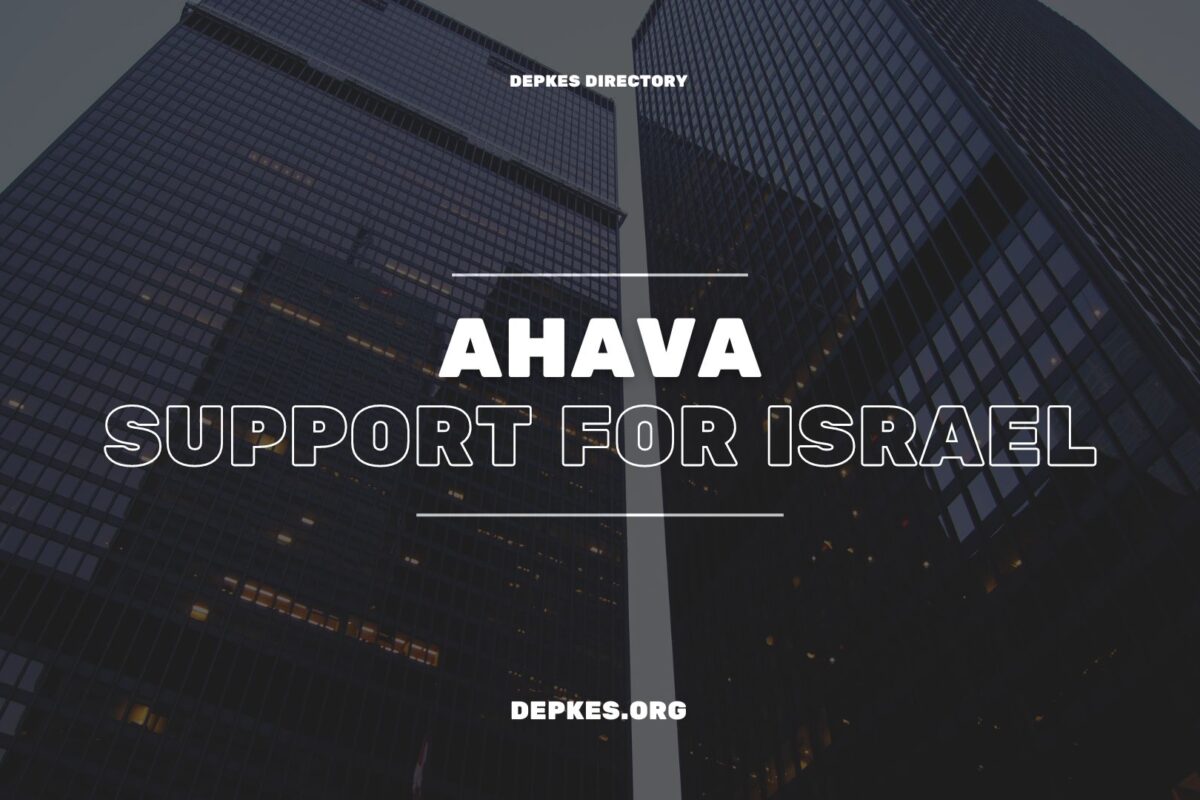Ahava, an Israeli cosmetics company, has been a focal point of controversy due to its operations in territories considered Occupied Palestine. The company’s utilization of resources from the Dead Sea and the location of its manufacturing facilities have sparked debates about its stance on the Israeli-Palestinian conflict and ethical considerations regarding the occupation.

Also See: The Airbnb – Israel Connection Unraveled
Daftar isi:
Corporate Connections and Concerns
Ahava stands as an Israeli cosmetics brand renowned for its skincare products derived from minerals found in the Dead Sea. However, the company operates its manufacturing facilities in territories recognized as Occupied Palestine, raising concerns about the sourcing of resources and the ethical implications of operating in disputed areas. Ahava’s utilization of resources from the Dead Sea, an area contested within the Israeli-Palestinian conflict, has led to criticism and allegations of exploiting resources from occupied territories.
Ahava’s presence in the Dead Sea region has drawn attention to its perceived complicity in the ongoing conflict, with allegations of benefiting from the occupation through the utilization of resources and the location of its manufacturing facilities.
Alternative Products
Consumers seeking cosmetics brands that do not operate in disputed territories or are perceived as less entangled in contentious geopolitical issues might consider alternative options like Lush cosmetics. Lush, a British cosmetics brand, has garnered praise for its ethical approach to sourcing ingredients and maintaining a stance against involvement in areas associated with geopolitical disputes.

Explore More: Amazon’s Support for Israel: Examining the Details
The association of Ahava with the Israeli occupation of territories in the Dead Sea region raises complex ethical questions for consumers. The sourcing of resources from disputed areas and the company’s manufacturing operations in these territories underscore the intersection of commerce and geopolitical conflicts.
As consumers become more conscientious about the ethical implications of their purchases, alternative brands like Lush cosmetics offer choices that align with values and principles, reflecting a growing trend towards ethical consumerism and the consideration of geopolitical factors in purchasing decisions. The discussion around Ahava’s operations in the Dead Sea region highlights the importance of transparency, accountability, and informed consumer choices in navigating products tied to sensitive geopolitical contexts.
- Investigating Ferrero Rocher’s Support and Investment Stance on Israel
Does Ferrero Rocher support the Israeli Occupation of Palestine? The scrutiny surrounding the company’s supposed support is growing, particularly for…
- Exploring ASDA’s Interest and Support in Israel
Does ASDA support Israel by selling products sourced from Israeli settlements in Palestine? This raises concerns over human rights violations…
- Does Hershey Support Israel? A Deep Dive
Amid allegations of ties to Israel and Palestinian territories, Hershey faces controversy. Let’s delve into the upheaval, analyzing accusations, investigating…
- Luxury Companies Supporting Israel: A Deep Dive into Their Possible Connections
Are luxury companies, such as LVMH with its notable brands Hublot, TAG Heuer, and Tiffany & Co, supporting Israeli companies?…

